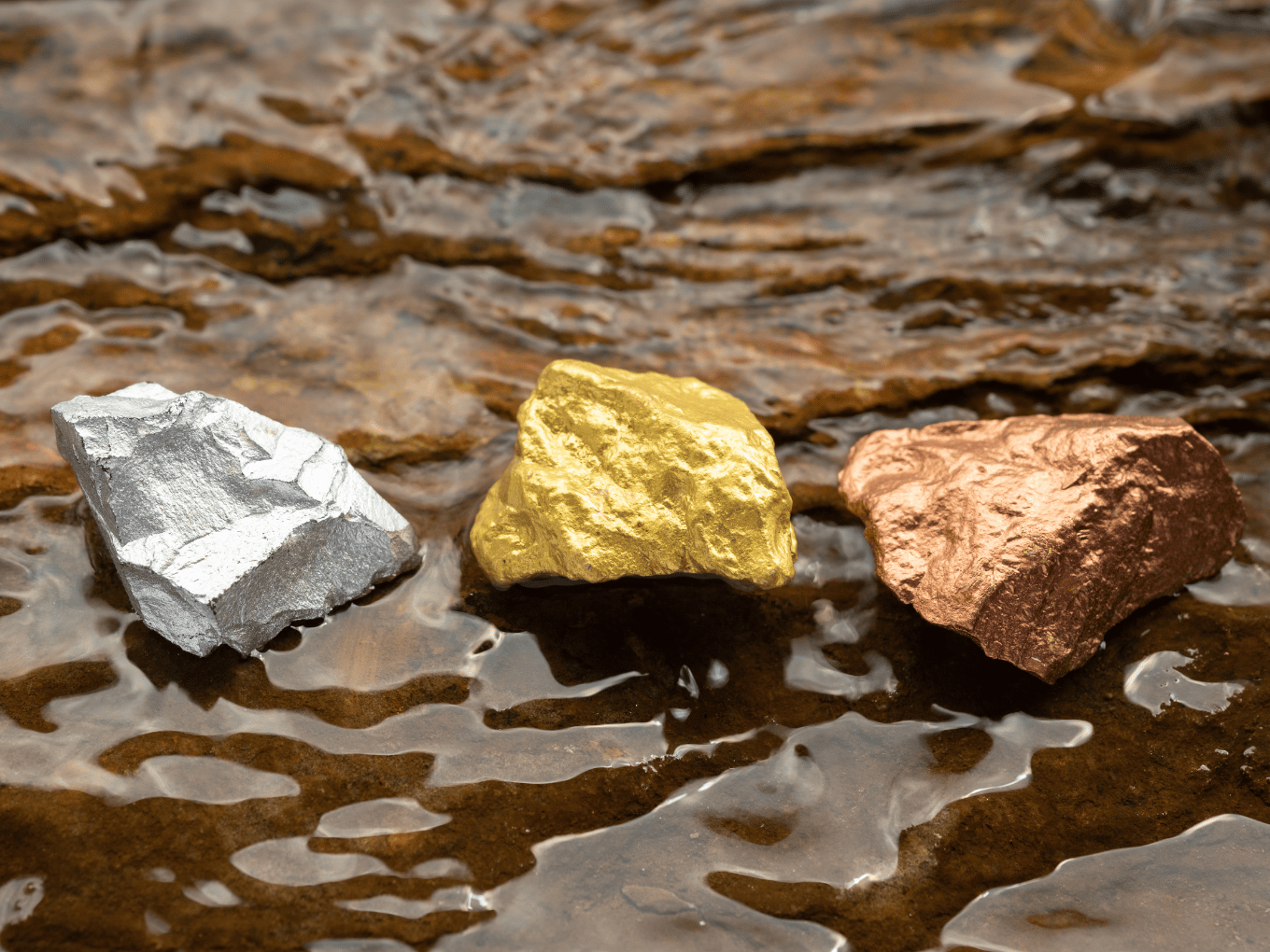
The Indian government is reportedly open to relaxing 50% localisation mandates for EV makers and suppliers under the PLI scheme following China’s curbs on rare earths exports.
Citing sources, Bloomberg reported that the Centre has directed automakers to import fully built motors or assemblies to get around the curbs in the short term.
While the Society of Indian Automobile Manufacturers (SIAM) is yet to make a formal plea for easing the localisation mandates, the members of the industry body have taken up the issue with the government during different consultations, the report added.
Under the PLI scheme for EVs, the government mandates OEMs to localise the production of certain parts, up to certain threshold, to avail subsidies.
China’s export curbs could force Indian automakers to import fully-made parts, which would add around INR 2,000 per unit via sea and up to INR 5,000 via air cargo to the cost of imports.
China’s Curbs Loom Heavy
In April this year, China’s commerce ministry imposed export restrictions on seven rare earth elements and magnets in response to tariffs imposed by the US government. These new restrictions apply to seven minerals including samarium, gadolinium, terbium, dysprosium, lutetium, scandium, and yttrium.
Many of these minerals are critical for use in EVs, wind turbines, wireless technology and other products. With China effectively having a monopoly over supply of rare earth materials, Indian auto makers find themselves in a difficult position.
The issue of curbs on rare earth minerals figured in the talks held between India’s foreign secretary Vikram Misri and China’s vice-foreign minister Sun Weidong in New Delhi on Thursday (June 12).
While a statement by the external affairs ministry (MEA) did not specifically refer to the discussion about rare earth minerals, sources told Bloomberg that the two nations agreed to hold further talks about critical mineral supplies and broader economic and trade issues.
“The two sides agreed to hold certain functional dialogue including in the economic and trade areas to discuss and resolve specific issues of concern,” the MEA release said.
Meanwhile, the report added that a group of Indian carmakers is also planning to visit Beijing later this month to make their case before the Chinese officials and suppliers.
The export curbs have the potential to impact the homegrown EV makers. It could shoot up the prices of EVs, create hurdles in the adoption of clean energy, hit the top and bottom lines of OEMs, and impact sales of EVs.
Interestingly, Ola Electric claims to have been working on offsetting the reliance on rare earth materials for more than a year now and plans to introduce rare-earth-free motors by the end of 2025.
In its Q4 FY25 shareholders’ letter, the Bhavish Aggarwal-led EV maker claimed that the company’s “engineering roadmap has included a rare-earth-free motor for more than a year now” in view of ongoing supply chain risks.
At the heart of all these is the growing Indian EV ecosystem, which is projected to become a $132 Bn opportunity by 2030.
The post China’s Rare Earth Export Curbs: India May Relax EV Localisation Norms appeared first on Inc42 Media.

